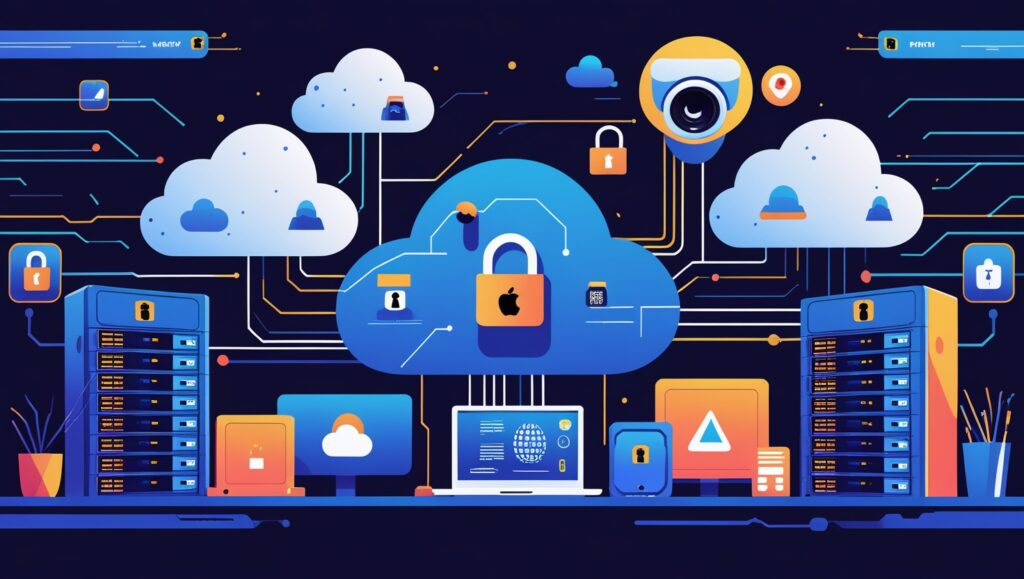
TL;DR
- UK retreats: UK government is backing off a demand for Apple to provide a global surveillance backdoor.
- Google responds: Confirms it has not received a technical capabilities notice from the UK.
- US reaction: Senator Ron Wyden presses intelligence officials for clarity on privacy risks.
- Meta’s position: Meta confirms no request to weaken encryption on WhatsApp or Messenger.
U.K. Backs Down From Surveillance Push
The U.K. Home Office has reportedly softened its stance on compelling Apple to create a secret access mechanism to encrypted user data globally. This retreat comes after strong disapproval from the U.S. government, particularly around its implications for international data privacy.
The pushback centered around a secret surveillance order first reported by The Washington Post, which would have forced Apple to provide authorities with access to end-to-end encrypted iCloud backups—data that even Apple cannot access under its current encryption architecture.
Google Confirms No Backdoor Demand
While Apple continues to appeal the legality of that U.K. court order, attention has shifted to other tech giants. U.S. Senator Ron Wyden, a senior member of the Senate Intelligence Committee, raised the question in a letter to top U.S. intelligence officials: Have any other companies received similar demands?
In response to TechCrunch, Google spokesperson Karl Ryan clarified:
“We have never built any mechanism or ‘backdoor’ to circumvent end-to-end encryption in our products. If we say a product is end-to-end encrypted, it is.”
When pressed further, Ryan explicitly confirmed:
“We haven’t received a technical capabilities notice.”
This statement marks the first time Google has directly denied being subject to such a U.K. surveillance order.
Meta Also Not Targeted by UK Order
Meta has also clarified its position. In a March 17 letter to Wyden’s office, the company stated:
“Meta has not received an order to backdoor our encrypted services, like that reported about Apple.”
Meta’s platforms—WhatsApp and Facebook Messenger—employ end-to-end encryption that protects messages from interception, even by Meta itself.
Company Stance on UK Encryption Orders
| Company | Received UK Order? | Encryption Type | Public Statement |
| Apple | Yes (reported) | End-to-end encrypted iCloud | Appealing court order |
| No (confirmed) | Android backups, encrypted chats | Official statement to TechCrunch | |
| Meta | No (confirmed) | WhatsApp, Messenger | Confirmed to Senator Wyden’s office |
Legal Gag Orders and Transparency Concerns
Under UK surveillance law, companies served with a technical capabilities notice are prohibited from disclosing the order’s existence. This gag rule means companies can neither confirm nor deny receiving such demands—unless, like Google and Meta, no such demand was made.
Senator Wyden is now pushing the U.S. intelligence community to evaluate the security risks posed by the UK’s surveillance approach. In his letter to U.S. National Intelligence Director Tulsi Gabbard, he wrote:
“If foreign laws or secret orders undermine U.S. companies’ encryption, they jeopardize both consumer privacy and national security.”
Looking Ahead
The developments underscore increasing friction between national security policy and privacy rights. With major U.S. companies asserting they haven’t received backdoor requests, the spotlight now shifts to whether transparency will prevail—and whether intelligence communities will respond with policy clarity.





